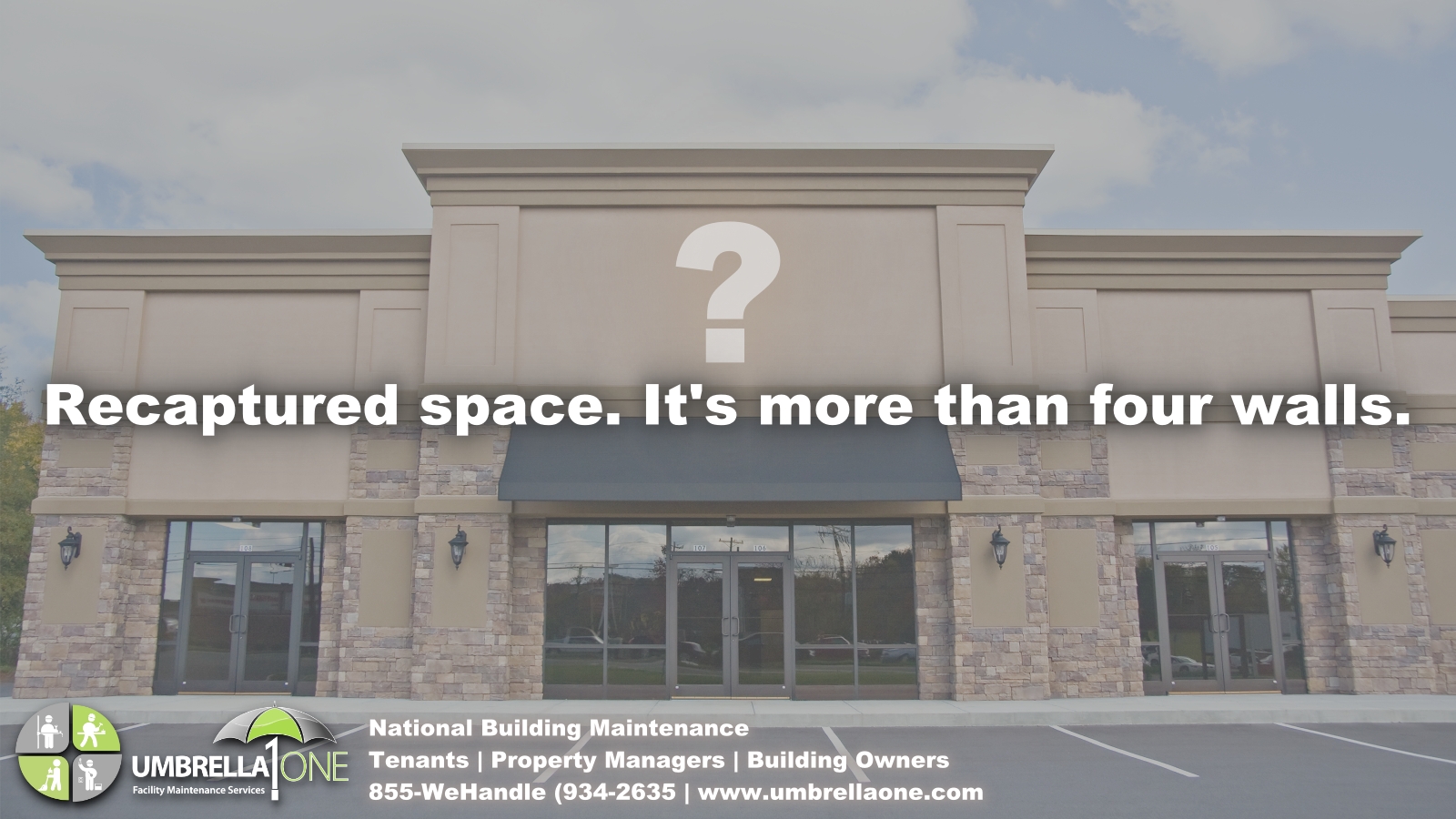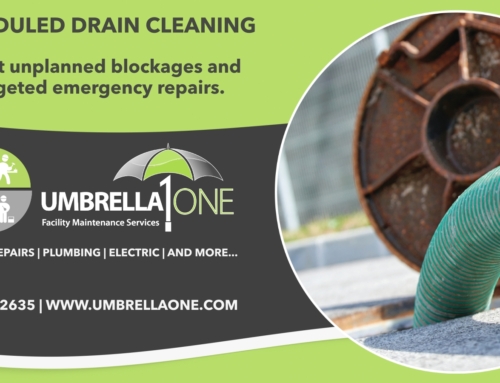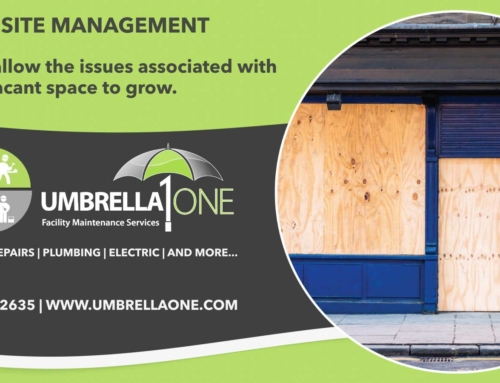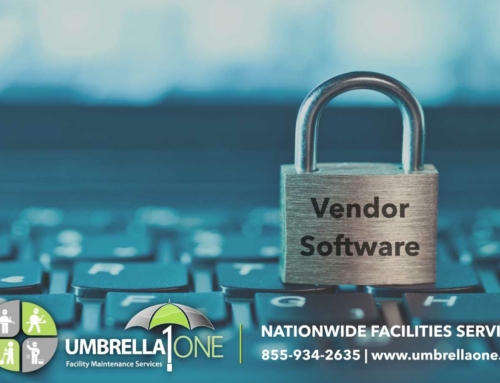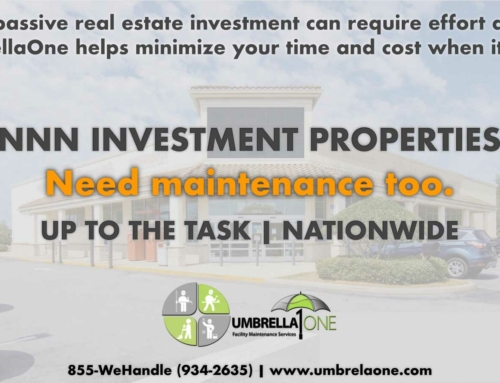What’s your plan for absorbing vacant commercial space and dark site management.
The recapturing of a vacated space is an opportunity to re-familiarize yourself with your real estate investment. For many, a tenant’s long term occupancy can result in complacency on behalf of the property owner. Understandably, the mindset of many is that so long as the tenant is current with their rent and not violating the terms of the lease, the box that they occupy is no longer an area of focus, outside of some reactive building maintenance. So when that tenant doesn’t renew for that next term and vacates the premises, you may find yourself unaware of your own real estate asset.
There are so many important considerations to address beyond the baseline releasing efforts (i.e., square footage and dimensions). The issues are wide ranging and the level of priority is up to you, but a comprehensive program that establishes how your team resumes control of and collects data on empty space is necessary.
- Are the premises safe for entry, watertight and secured?
- Is the space left in an acceptable condition per the lease agreement?
- What are the available utilities and are they turned off (provider, meter #’s, water line, etc.)?
- What are the available systems and sizing (electrical panels, HVAC, etc.)?
- Is the level of cleanliness acceptable to your standards?
- Does the space need to be winterized or require other seasonal specific services?
These questions will not only provide you with a full understanding of the value of your vacant space, but will also better prepare you to negotiate with that next tenant and their construction requirements. Be prepared to understanding your existing conditions versus what’s being requested in their set of building specs.
And for owners of single tenant properties with no property management company in place, not only are vacancy assessments critical, but dark site management services as well. Engaging a site inspection company to perform routine checks and identity potential facilities maintenance issues should be an essential step in protecting your property. When you contemplate loss of rent, commissions, legal fees and tenant improvement costs, you do not want to let the cost of re-tenanting your property cost a penny more than it needs to.

